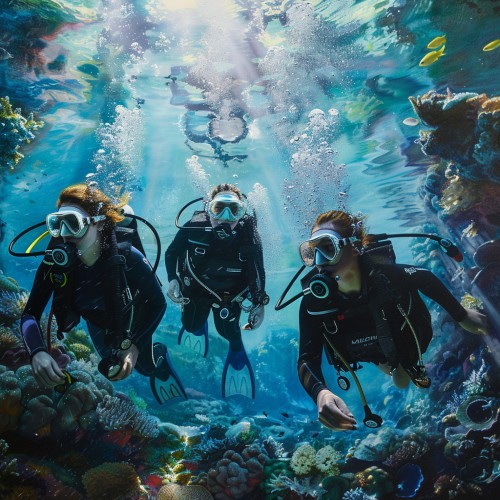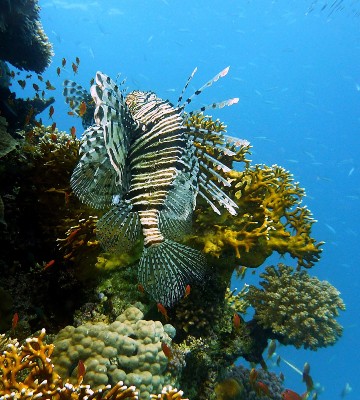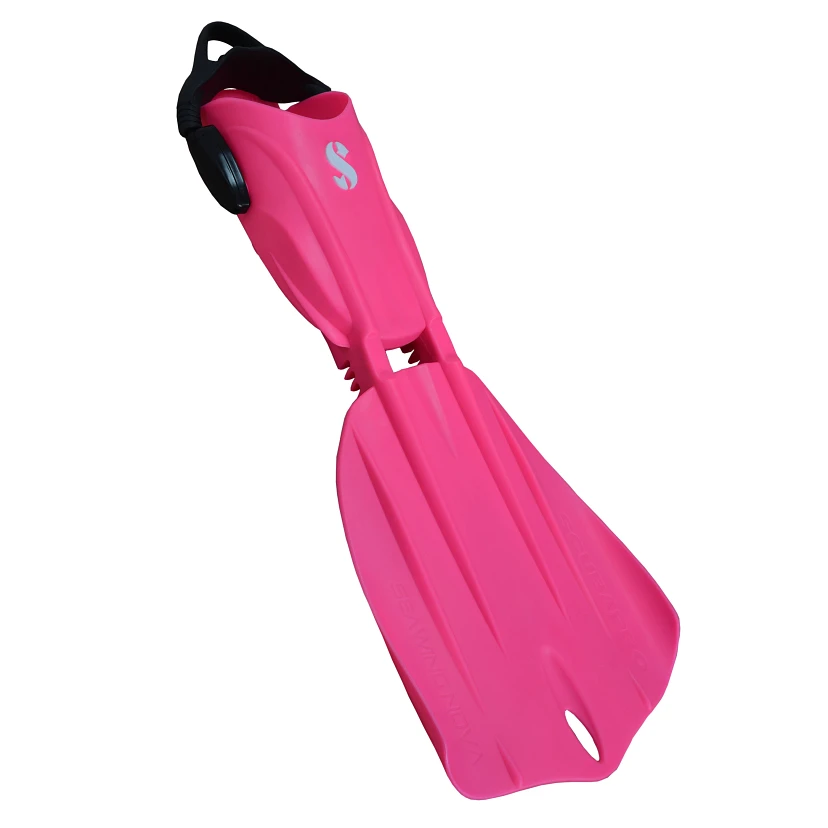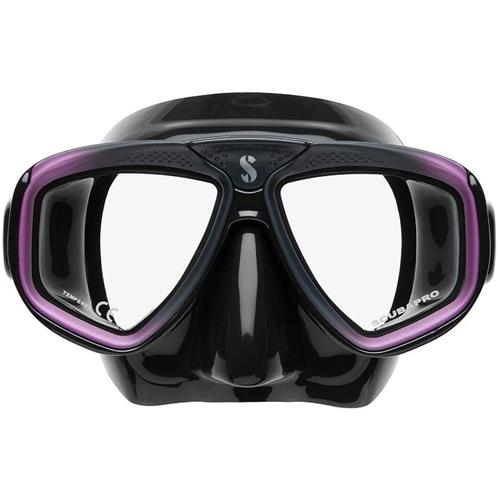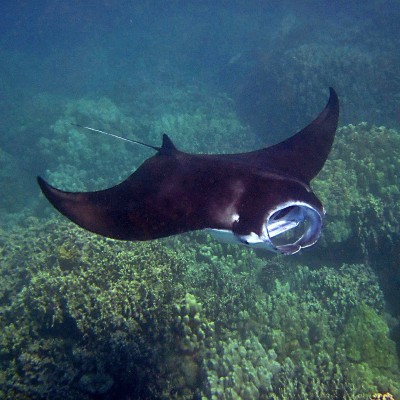- Home
- Scuba Diving
- Dive Etiquette and Respectful Underwater Behavior: Promoting Responsible Diving
Table of Contents
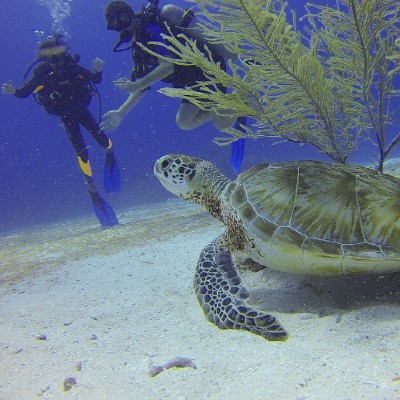
As women who revel in the wonders of the ocean depths, we understand the profound connection and responsibility we bear to the underwater world. Diving isn’t merely an adventure; it’s a privilege and a commitment to preserving the delicate ecosystems that thrive beneath the surface. At the heart of this commitment lies the concept of dive etiquette and respectful underwater behavior.
In the realm of scuba diving, etiquette isn’t just a set of rules; it’s a code of conduct that governs our interactions with the marine environment, our fellow divers, and the communities we encounter. As divers, we recognize the significance of promoting responsible diving practices not only for our safety and enjoyment but also for the sustainability of the underwater world we cherish.
In this blog post, we delve into the intricacies of dive etiquette and explore the nuances of respectful underwater behavior. From understanding the fundamental principles of dive etiquette to championing gender equity and inclusivity within the diving community, we aim to empower women divers to become ambassadors for responsible diving practices.
Respectful Diving Behavior
- Don’t Touch Marine Life: Admire marine life from a safe distance and avoid touching or disturbing them.
- Leave Things Where You Find Them: Don’t collect souvenirs like shells or coral. These treasures belong to the ocean and help maintain a healthy ecosystem. The exception to this rule? Litter!
- Do Not Feed The Wildlife: Refrain from feeding fish or other marine life. This disrupts their natural feeding behaviors and can lead to dependence on human handouts.
- Choose Reef-Safe Sunscreen: Opt for sunscreens labeled “reef-safe” to minimize harm to coral reefs, which are vital for marine life.
- Maintain Proper Buoyancy: Avoid kicking coral, stirring up silt, or otherwise damaging the underwater landscape.
- Be A Good Dive Buddy: Before entering the water, establish clear communication with your dive buddy and conduct thorough safety checks of your equipment. Review hand signals, emergency procedures, and dive plans to ensure a safe and coordinated dive experience.
- Proper Equipment Handling and Maintenance: Treat your dive gear with care and respect, ensuring that it is properly maintained and functioning before each dive. Inspect equipment for signs of wear or damage, and address any issues promptly to prevent accidents or equipment failures underwater.
- Respect for Local Regulations and Guidelines: Familiarize yourself with the rules and regulations governing dive sites, marine protected areas, and conservation zones. Obtain necessary permits or permissions before diving in sensitive or protected areas, and abide by local guidelines.
Respectful behavior also extends to our interactions with fellow divers. Clear communication, mutual assistance, and a spirit of camaraderie foster a positive and inclusive diving environment where everyone feels welcome and valued.
Addressing Challenges and Misconceptions
Despite our collective efforts to promote responsible diving practices, challenges and misconceptions may persist within the diving community. From cultural differences to diverse experience levels, navigating the complexities of etiquette requires patience, understanding, and open communication.
One common challenge is the misperception that dive etiquette is a rigid set of rules rather than a framework for respectful behavior and environmental stewardship. By reframing dive etiquette as a shared commitment to safety, conservation, and mutual respect, we can foster a culture of mindfulness and responsibility among divers of all backgrounds.
Additionally, cultural differences and varying interpretations of dive etiquette may arise when diving in different regions or with divers from diverse cultural backgrounds. By embracing cultural diversity and practicing cultural sensitivity, we can foster meaningful cross-cultural exchanges and promote mutual understanding within the global diving community.
